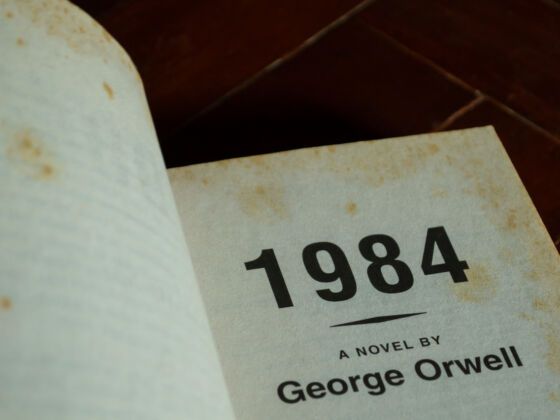When it comes to literature, I’m an Orwellian.
And no, I’m not referring to 1984 or Animal Farm, two perfectly fine novels that are the sum total of what most American schoolkids know about the English language’s pre-eminent essayist, George Orwell.
I’m talking the Great Master’s definition of good and bad writing in his landmark essay “Politics and the English Language.”
